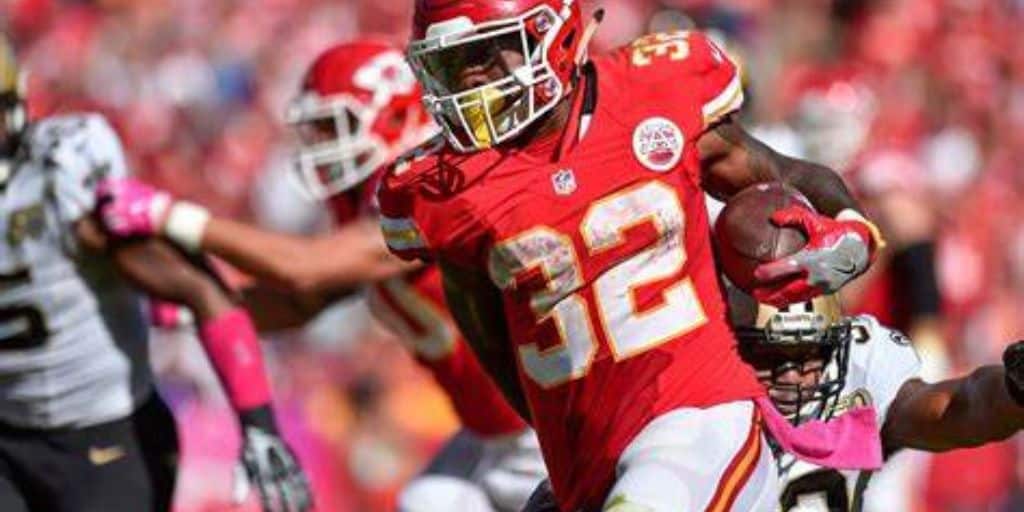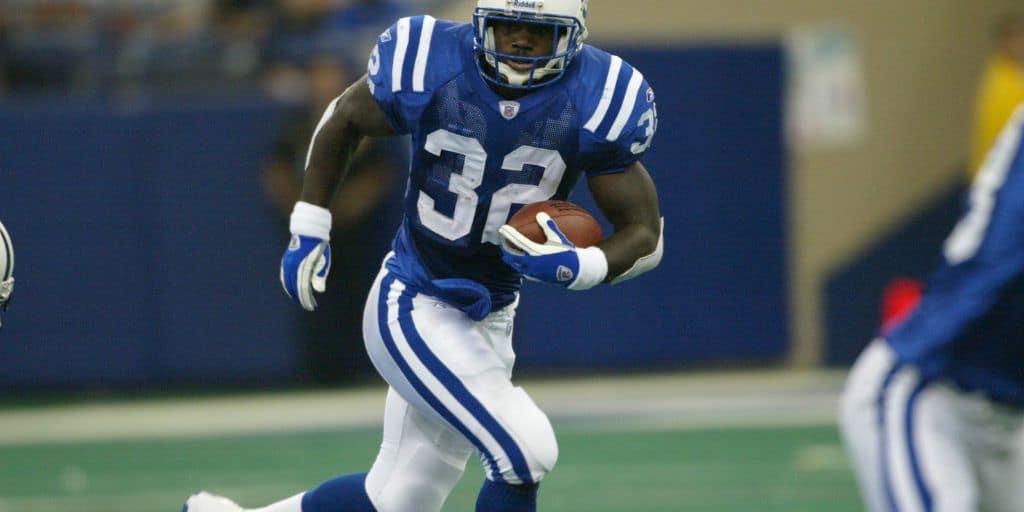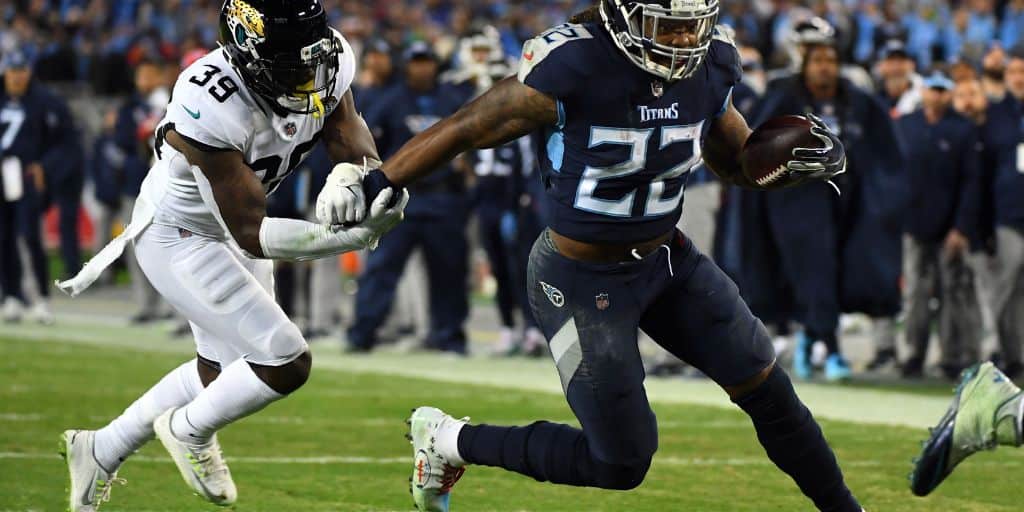Let’s know about Running Back Controversy. On Monday, some of the top running backs in the NFL stepped out in support of their teammates who had just been under the sharp fury of the football industry.
Saquon Barkley and Josh Jacobs were both given the franchise tag earlier this summer by their respective teams, the Giants and Raiders. Both running backs were seeking a long-term agreement with their teams. Therefore neither one signed the tender.
The deadline of Monday, July 17, passed without an agreement being reached for either back. Their prospects with their existing organizations are questionable as they continue down this route. What, though, are we specifically discussing?
Why have voices been raised now against the state of their position about their wage structure with one voice? With the help of the explainer below, we’ll try to clarify everything.
Running Back Controversy
Running backs used to be a team’s foundation, but as the league continues to adopt a more pass-happy offensive strategy, the position is becoming even more expendable. The result is that clubs now place less significance on paying running backs past their rookie contracts.
With more talent entering the league than ever before, teams have frequently adopted the strategy of repeatedly drafting running backs, letting them complete their rookie contracts, possibly putting the franchise tag on them for a year if they show they are high-level players, and then releasing them after that. Repeat the process after that.

The second contract in the NFL is normally when players get their money, so this is a bad deal for the backs. If they are chosen after the first round and can negotiate a multi-million dollar deal there, they can secure their financial future for many years.
Speaking of which, running backs’ earning potential has also been lowered since teams have been less likely to select them with high-end picks in the draught. There were 35 running backs taken in the first round of the NFL Draught between 2000 and 2010 (11 years).
From 2011 through 2023 (13 years), that number was almost cut in half as 18 backs were selected in the first round, demonstrating how highly organizations value this position right away. Now, this is not entirely unexpected.
Giving superstar running backs huge contracts in the past has backfired on teams. Some of the more recent examples of clubs having these deals blow up in their faces and hobble them for the following few seasons include Todd Gurley’s $60 million deal with the Rams, Ezekiel Elliott’s $90 million extension with the Cowboys, and Le’Veon Bell’s $52.5 million deal with the Jets.
1.808 million dollars per season is the average salary of a running back that they are making currently. There are only three teams who are getting less than them, and they are long snappers who get $1.069 million. Fullbacks get $1.724 million, and punters $1.52 million.
On average, a kicker also gets more salary than the running back, as they make $2.196 million per season. So we can see that compared to other franchises, the prize money for the running bags has decreased since 2015.
The franchise owners have shifted their money to the other areas that are present on their roster instead of paying the running backs. In the present team, 56 players in total make 20 million dollars per season.
Thirteen are divided into different positions, of which 13 are wide receivers, 17 players are quarterbacks, five players play as offensive tackles, 9 are interior defensive linemen, two our corners, 7 are rushers, one is an inside linebacker, and two are guards.

The real reason why the running bags are standing up now is that some of the players who are included in these contract disputes are some of the very best players in the NFL at present, and they have no options to play in different positions.
Josh Jacobs played with the Raiders in 2022, and he led the NFL in rushing and total yards. His rushing yards score was 1653, which was the second-highest score in the franchise’s history in a particular season. While doing that, he only got 2.122 million dollars as a base salary per Spotrac.




